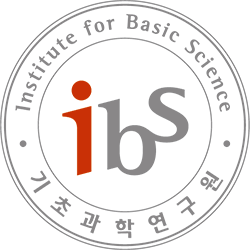IBS-DIMAG Workshop on Topology and Combinatorics
The IBS-DIMAG Workshop on Topology and Combinatorics will be held on November 11, 2024 at Room B332, Institute for Basic Science (IBS), Daejeon, South Korea. Invited Speakers (tentative) Karim Adiprasito (Jussieu Institute of Mathematics) Minho Cho조민호 (IBS Extremal Combinatorics and Probability Group) Niloufar Fuladi (INRIA Center of Université de Lorraine) Minki Kim김민기 (GIST) Dohyeon Lee이도현 (KAIST & …

